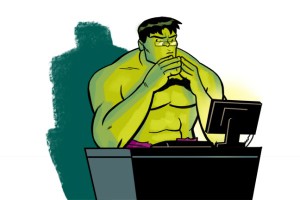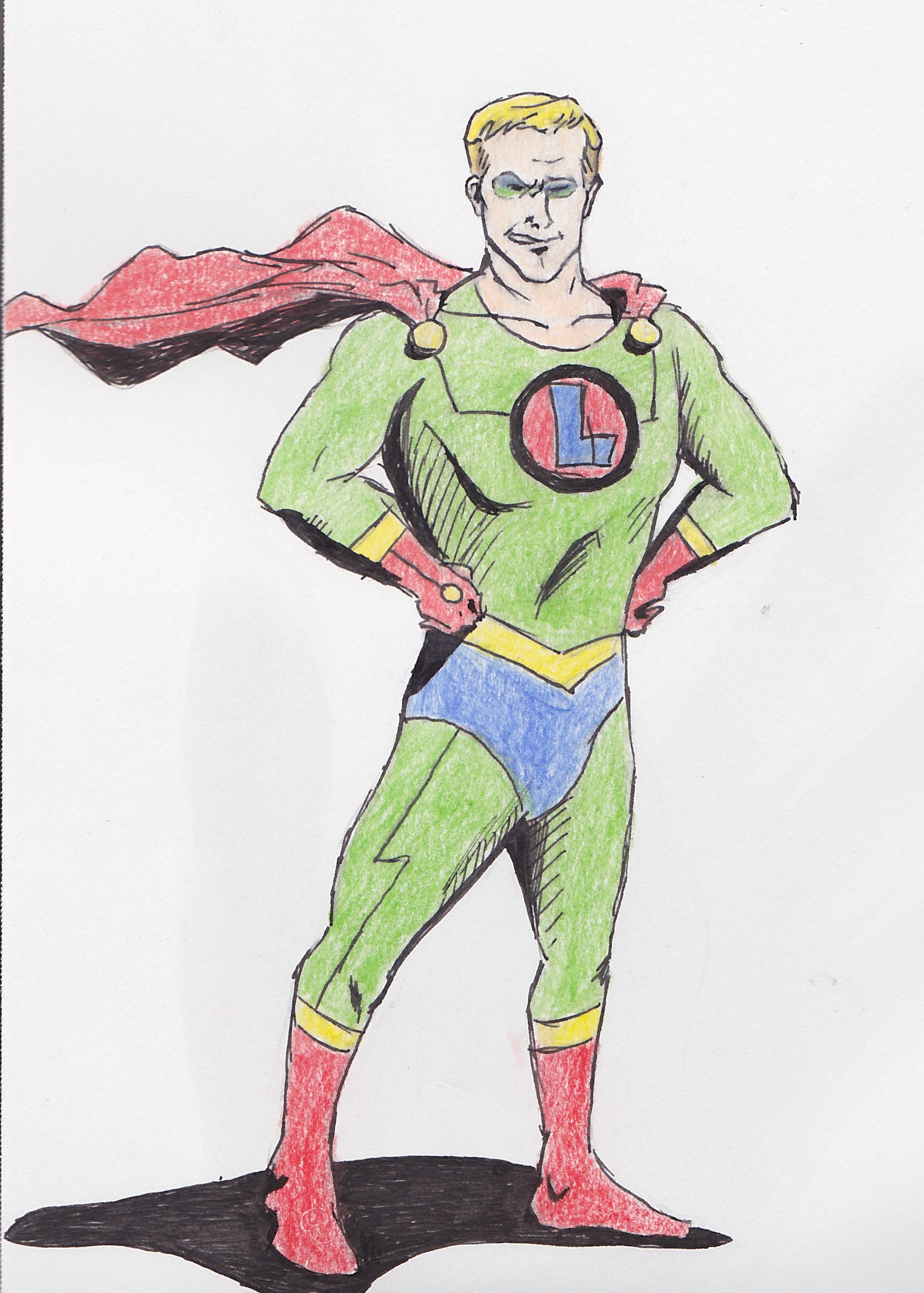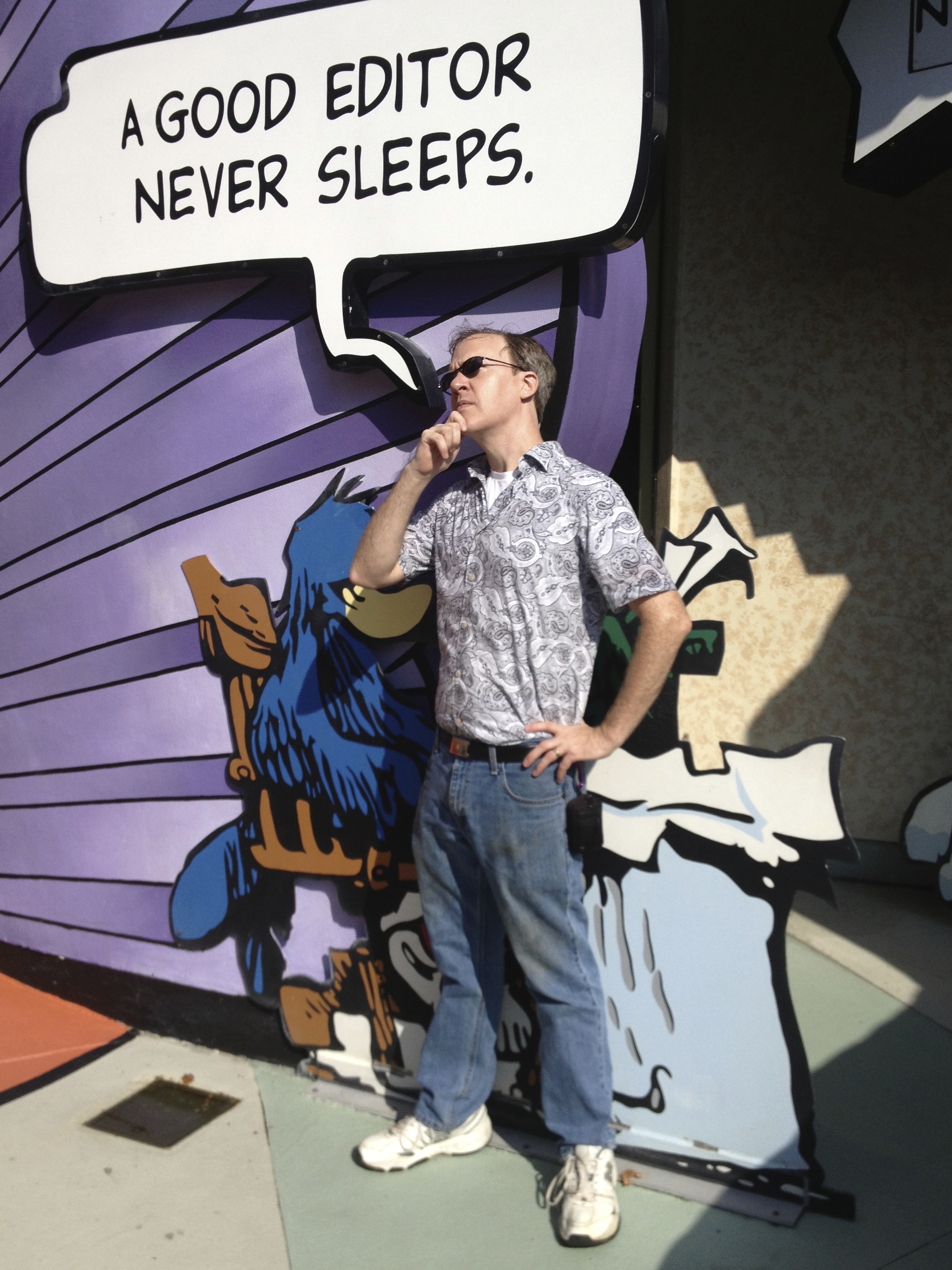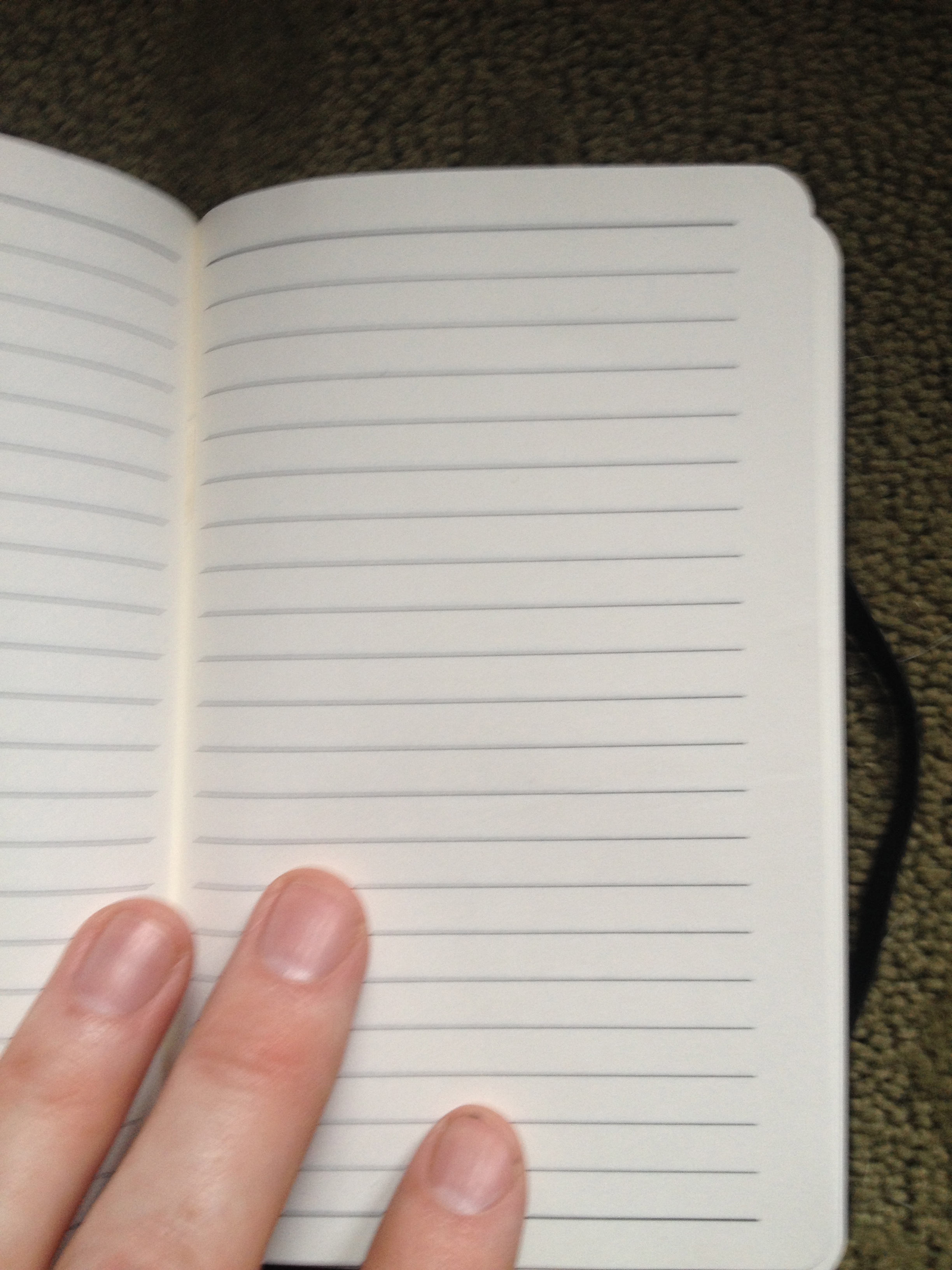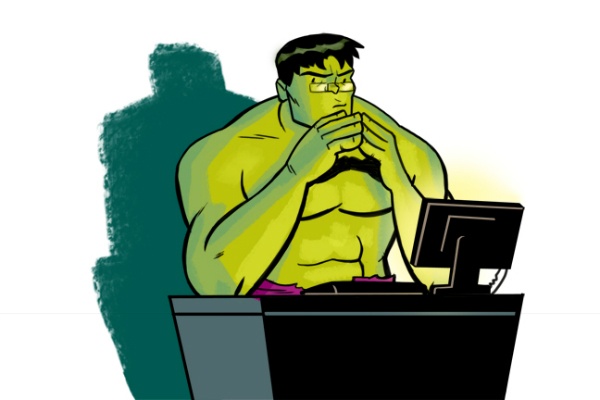Hard Writing Lessons 4 — Word Count
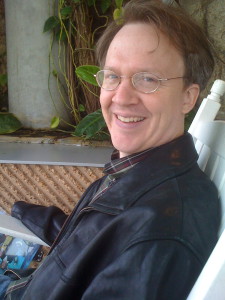 I’ve been busy drafting the new novel but not very busy blogging. When things are going smoothly it’s easy to whip up a quick blog post and still get an 2000 words, but when things are a little more challenging — or when there are a bunch of errands to take care of over the course of the day — getting that 2000 words in AND a blog post becomes an either/or, in which case the blog post always comes in last. You understand. The blog is for fun. The writing is supposed to be fun too, but it’s also the job.
I’ve been busy drafting the new novel but not very busy blogging. When things are going smoothly it’s easy to whip up a quick blog post and still get an 2000 words, but when things are a little more challenging — or when there are a bunch of errands to take care of over the course of the day — getting that 2000 words in AND a blog post becomes an either/or, in which case the blog post always comes in last. You understand. The blog is for fun. The writing is supposed to be fun too, but it’s also the job.
I’m often asked how many words I try to get in a day, or how many pages. 5000 words is about 20 typewritten double-spaced pages, and 2k is approximately 8. If I’m really on a roll and know exactly what my characters are doing (and I have NO interruptions) I can get 5k. I have trained myself to be okay with 2k, and even the occasional 1k if it’s a tough day or one with interruptions.
